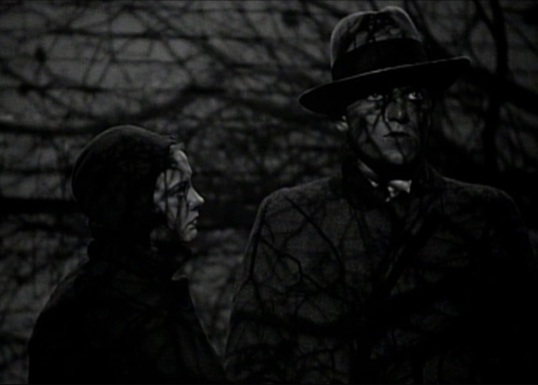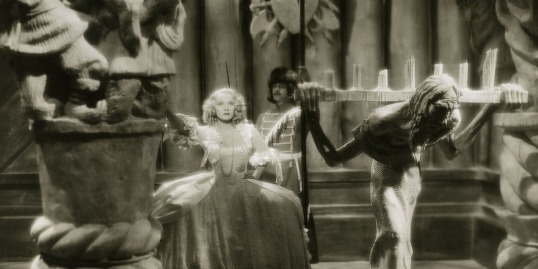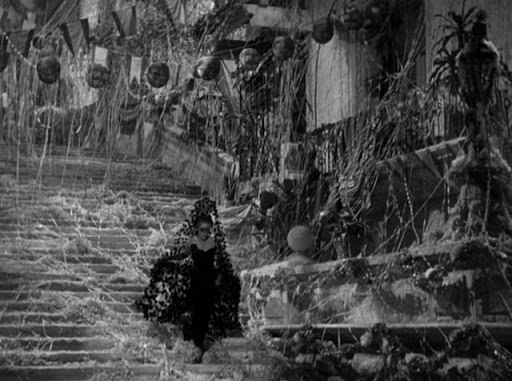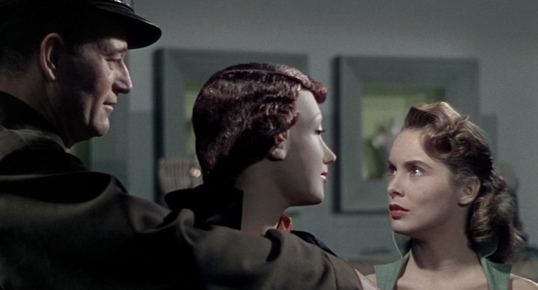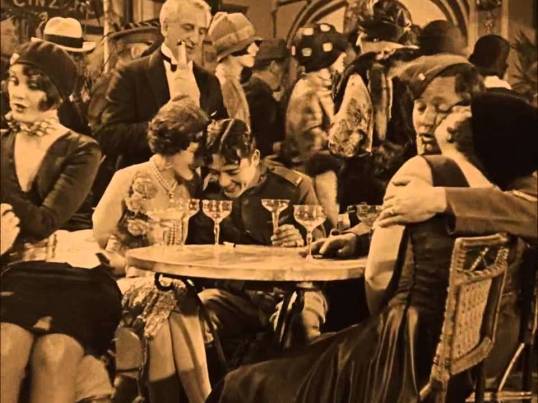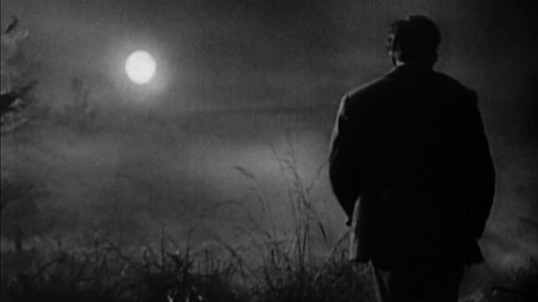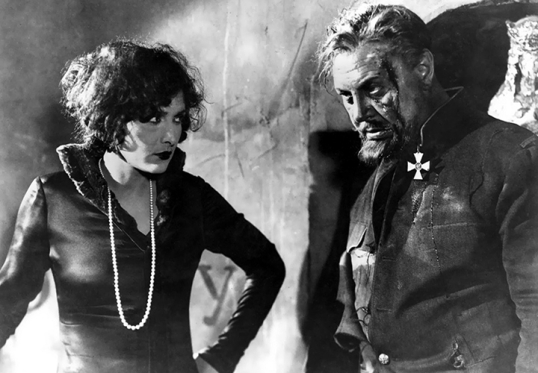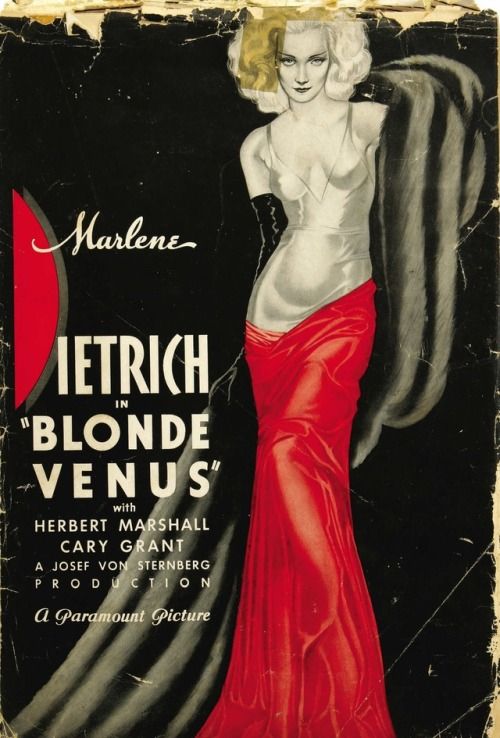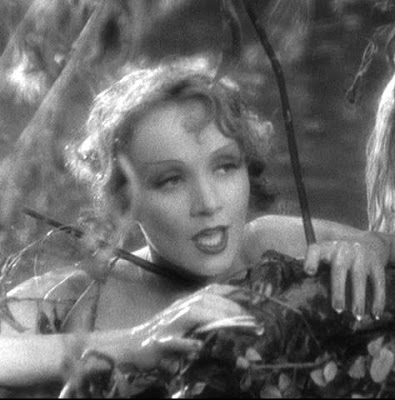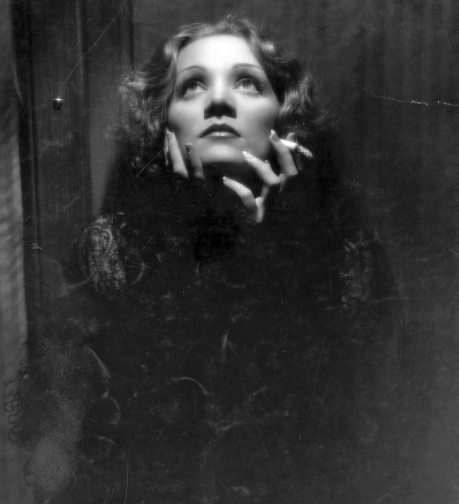The 1927 silent melodrama, Children of Divorce, opens at a private Catholic boarding school in Paris. It’s a place for rich and idle parents to dump off their children while they enjoy the City of Lights. Jean Waddington is dropped off at the school and struggles to make friends until she meets the vivacious Kitty Flanders. Jean and Kitty bond because they are both children of divorced parents. (Kitty says that she has only one mother but that’s she’s had four different fathers.) Jean meets Ted Larrabee, who is Kitty’s neighbor back in New York and who has also been dumped off at the school by his divorced parents.
Flash forward a few years and Kitty (Clara Bow), Jean (Esther Ralston), and Ted (Gary Cooper) are all young adults. Kitty is in love with Prince Vico (Einar Hansen) but the Prince’s father refuses to allow Vico to consider marrying her because Kitty’s mother (played by future gossip columnist and Queen of Hollywood, Hedda Hopper) is not rich. Believing that the only way that she’ll ever be happy is if she marries a rich man, Kitty set her eyes on Ted. Ted, however, wants to marry Jean but Jean says that she’ll only consider marrying Ted if he gets a real job and proves that he can do something more than just live off of his father’s money.
Ted starts his own architectural firm and proves that he’s capable of hard work. However, when Kitty convinces Ted to celebrate his success by going out drinking with her….
Ted wakes up with a hangover. He soon discovers that he’s also woken up with a wife! While he was drunk, he married Kitty! Ted is stunned. Jean is heart-broken. She begs Kitty to grant Ted a divorce so that she can marry him but Kitty reveals that she has no intention of ever getting divorced. As she explains it, Kitty has been raised to marry a rich man, Ted is rich, and now, she’s married to him. Why would Kitty want to give that up? When Ted says that he’ll file for the divorce, Jean tells him that she can’t marry a man who would leave his wife and then she leaves for Europe….
Of course, that’s not the end of the story. This wouldn’t be a silent melodrama if it ended that simply. Instead, years later, Kitty does come to see the error of her actions and she also discovers that her true love remains Prince Vico. But, by that point, it’s too late and, of course, Jean still refuses to marry a divorced man. Kitty seeks redemption in the most extreme was possible….
Clocking in at a brisk 70 minutes, Children of Divorce is a wonderful showcase for Clara Bow, who was born 118 years ago on this date. Gary Cooper is properly handsome and sincere as Ted and Esther Ralston is lovely if a bit boring as Jean but the film ultimately belongs to Clara Bow, who brings so much vitality and energy to her role that it doesn’t matter that Kitty tricks Ted into marrying her and destroys all of Jean’s romantic dreams. Most viewers will instantly sympathize with Kitty and, to be honest, it’s kind of hard not to be on her side. Kitty has fun. Kitty refuses to let society stand in her way. While Jean makes a list of demands about what she needs Ted to do before she can even consider marrying him, Kitty encourages Ted to loosen up and enjoy his success. Kitty is the one who I think most viewers, at the very least, would want to be friends with. While Jean tries to run away from her problems, Kitty is determined to live her best life. Indeed, Kitty’s ultimate redemption is all the more effective because, once again, Kitty is the one who is making things happen while Ted and Jean just passively accept the conventions of society.
Clara Bow was one of the greatest of the silent film stars and Children of Divorce shows why. As opposed to many of the other actresses of the day, Clara Bow was convincingly cast as women who were willing to do whatever needed to be done to find happiness. Sadly, Clara Bow’s later years were not happy ones. She deserved better than the world gave her. Watching her in films like this one and It feel like looking out a window into the past, a time when it seemed like anything was possible.








